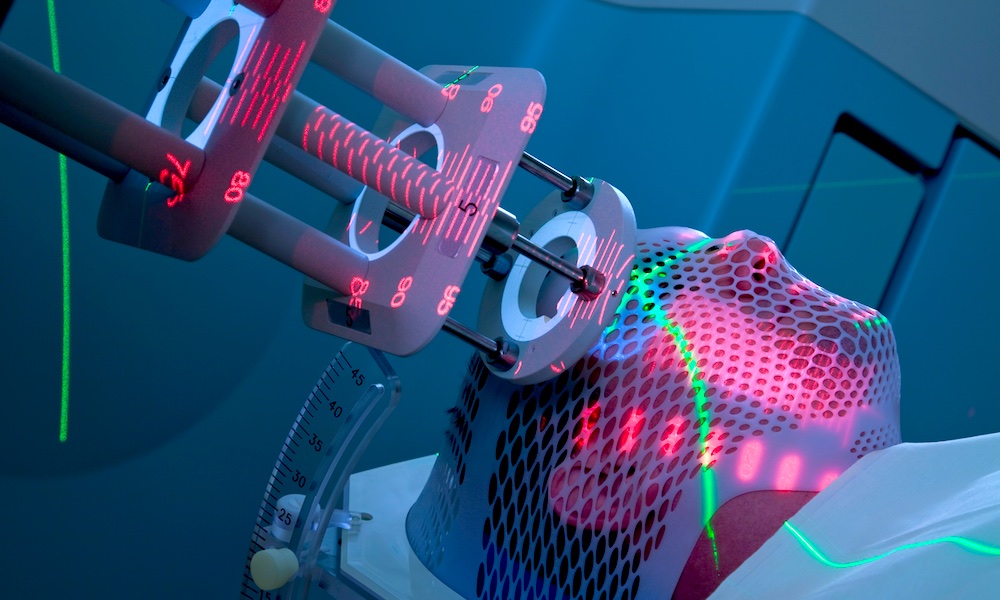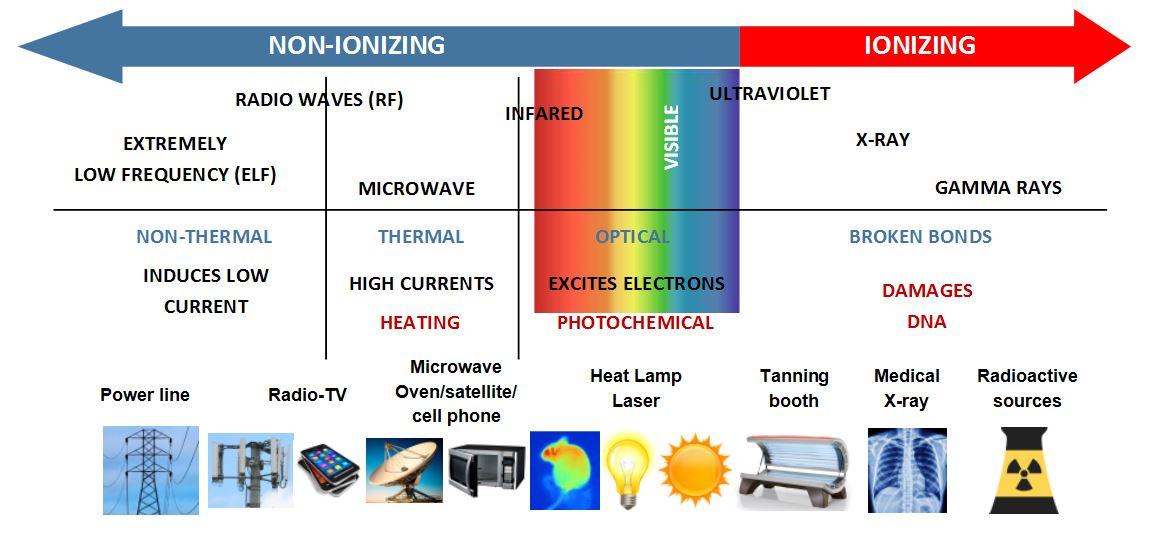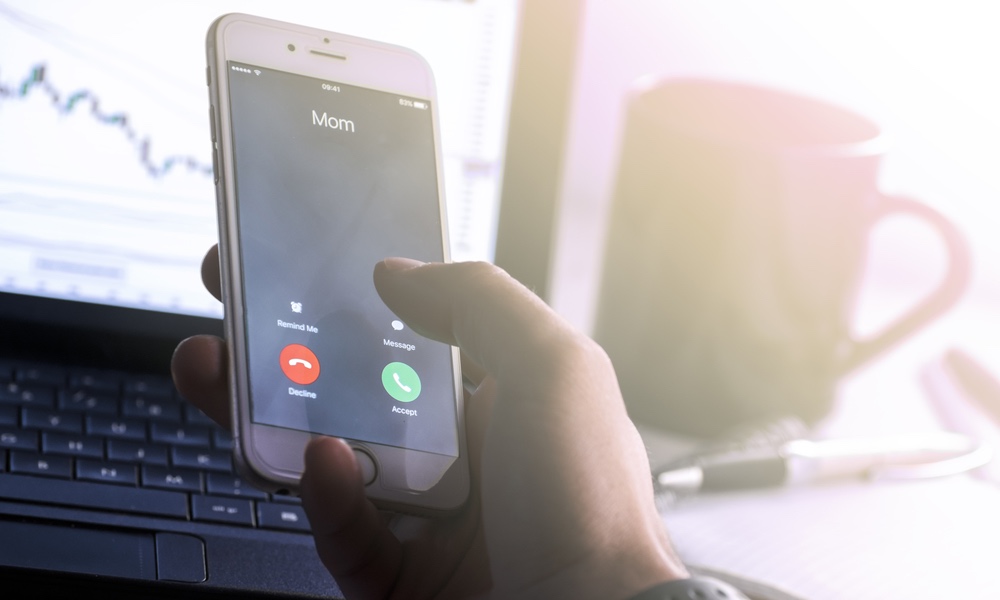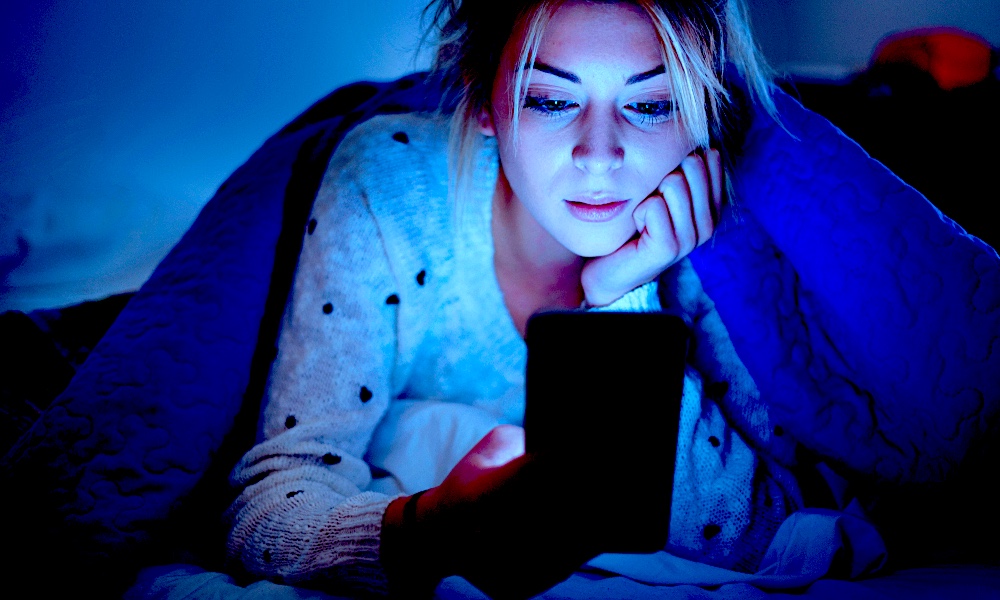5 Facts Everyone Should Know About Smartphone Radiation
 Credit: Cloudedleopard1 / Shutterstock
Credit: Cloudedleopard1 / Shutterstock
Smartphones emit radiation, and that simple fact is really concerning to a lot of people. Of course, that's completely understandable. But the fact of the matter is that cancer-causing smartphones is a myth.
There's a lot of bad science and fear-mongering across the web apparently linking smartphones to cancer. But unless you're a rat who bathes in massive amounts of cell phone radiation on the daily, you shouldn't be concerned. Here are five reasons why. Continue reading to learn 5 Facts Everyone Should Know About Smartphone Radiation.
Not All Radiation Is the Same
“Radiation” sounds pretty scary, but there’s a lot to be misunderstood. Essentially, any type of electromagnetic wave can be classified as “radiation.” That includes visible light and radio waves. Really, the concern about radiation comes down to whether or not its ionizing or not.
Ionizing radiation is radiation that can cause harm in small doses. Think UV light, x-rays and gamma rays. But, in fact, most of the radiation we come into contact with is non-ionizing. That could be everything from the light from a lightbulb, the radio waves that allow us to tune into our favorite stations in the car, or the radiofrequency radiation emitted by your smartphones.
The Risks Have Been Overblown
There’s a lot of money in getting people to worry about things unnecessarily. Many everyday risks are overblown by worrywarts and media outlets, and smartphone radiation is no different. When the WHO classified smartphone radiation as “possibly carcinogenic” in 2011, it set off a wave of panic.
But, as we’ll get to, a lot of the fear mongering is very likely unjustified. Just look at a 2018 study that appeared, at first glance, to show a link between cellphone radiation and cancer. What many people missed is that the study actually only proved that there was only a small increase in a specific type of heart tumor in rats after massive exposure to cellphone radiation.
Smartphone Radiation Doesn't Work the Way You Think
Of course, smartphones do emit radiation — and some emit more than others. And this type of radiation can be damaging in high enough concentrations. But the fact of the matter is that the iPhone in your pocket doesn’t emit the kind of radiation that can be dangerous in small doses, and it’s nowhere near powerful enough to cause damage otherwise.
To break it down further, smartphone radiation isn’t ionizing and smartphones don’t emit the same amount of radiation all the time. And even when they do emit peak levels of RF radiation, it’s a really weak amount anyway — even during a phone call when the device is directly against your head. That’s why they may be slightly harmful to rats, but not to people.
Science Has Never Proven Smartphones to Be Cancer-Causing
Smartphone radiation worriers may claim that the science isn’t “settled.” And that may be true in the strictest form of the word. But the burden of proof works the other way around. And, to date, researchers have never established a firm link between cellphones and cancer.
Even the WHO, who released the note about smartphones being possibly carcinogenic, notes that “no adverse health effects” have been established as being caused by smartphones. And the National Cancer Institute has tracked no significant increase in brain tumors in the past decade — even as smartphone use has skyrocketed among the general population.
There Are Other Things to Worry About
To be clear, if you’re still worried about smartphone radiation, that’s fine. Just keep it away from your person when you can and use the speakerphone rather than the earpiece on calls. But there are much more immediate and proven health effects you should be worried about.
Smartphones have been linked to depression and anxiety, particularly among those who use them excessively and compulsively. And there’s pretty clear evidence that the blue light smartphones emit can interfere with normal sleep patterns. Put another way, you shouldn’t let the myth of cancer-causing smartphones distract you from the other potential negative side effects of your favorite devices.





